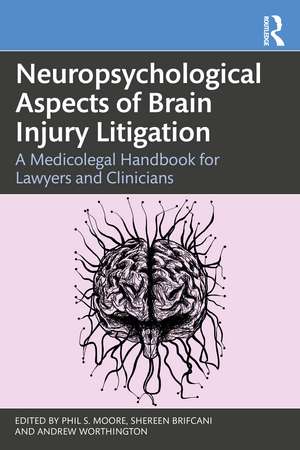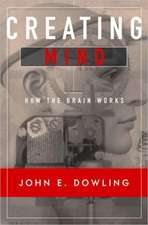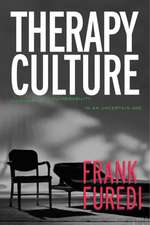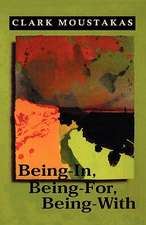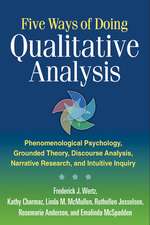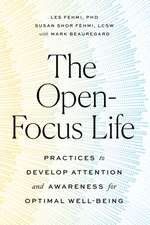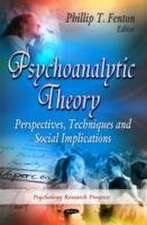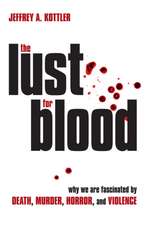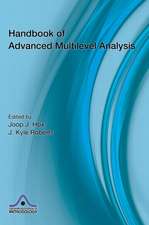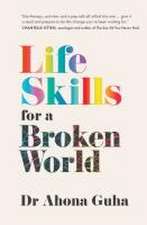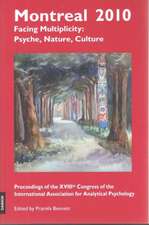Neuropsychological Aspects of Brain Injury Litigation: A Medicolegal Handbook for Lawyers and Clinicians
Editat de Phil S. Moore, Shereen Brifcani, Andrew Worthingtonen Limba Engleză Paperback – 23 dec 2021
This accessible handbook focuses on the importance of neuropsychological evidence and the role of the neuropsychologist as expert witness in brain injury litigation.
This thorough, evidence-based resource fosters discussion between the legal profession and expert neuropsychological witnesses. The chapters reflect collaborations between leading personal injury lawyers and neuropsychologists in the UK. Key issues in brain injury litigation are addressed that are essential to an understanding of the role of the neuropsychologist as expert witness and of neuropsychological evidence for the courts. These include neuropsychological testing, assessment of quantum, vocational rehabilitation, mental capacity, forensic outcomes, the frontal paradox, mild traumatic brain injury and more.
Combining the scientific and legal background with practical tips and case examples, this book is valuable reading for legal professionals, particularly those working in personal injury and clinical negligence, as well as trainees, students and clinicians in the field of neuropsychology, neurorehabilitation and clinical psychology.
Preț: 356.71 lei
Nou
68.32€ • 70.39$ • 57.23£
Carte disponibilă
Livrare economică 03-17 februarie
Livrare express 17-23 ianuarie pentru 32.92 lei
Specificații
ISBN-10: 0367569582
Pagini: 254
Ilustrații: 1 Tables, black and white; 5 Line drawings, black and white; 5 Illustrations, black and white
Dimensiuni: 156 x 234 x 23 mm
Greutate: 0.46 kg
Ediția:1
Editura: Taylor & Francis
Colecția Routledge
Locul publicării:Oxford, United Kingdom
Public țintă
Professional ReferenceCuprins
- IntroductionPhil S. Moore, Shereen Brifcani and Andrew Worthington
- Legal Principles in LitigationHenry F Charles and Ruth Johnson
Part 1: ‘But For’ The Brain Injury and Causation - Premorbid Abilities: Cognition, Emotion and BehaviourMartin Bunnage with Marc Willems
- Neuropsychological Testing in Brain Injury Litigation: A Critical Part of the Expert Neuropsychological ExaminationAndrew Worthington and Phil S Moore
- Paediatric Outcomes after Traumatic Brain Injury: Social and Forensic Risk Management in Multidisciplinary Treatment ApproachesHope Kent, James Tonks and Huw Williams with Ian Brownhill
Part 2: Current Condition - Effort Testing, Performance Validity, and the Importance of Context and ConsistencySimon Gerhand, Chris A. Jones and David Hacker
- Mild Traumatic Brain Injury and Persistent Neuropsychological SymptomsAndrew Worthington and Phil S Moore
- The Frontal Lobe ParadoxSam Fisher-Hicks, Rodger Ll Wood and Bill Braithwaite
- Assessing Mental Capacity in Brain Injury LitigationIan Brownhill
Part 3: Loss, Disability, and Impact - Legal Principles of QuantumWilliam Latimer-Sayer
- Practical Applications of Quantum PrinciplesAndrew Worthington, William Latimer-Sayer and Andy Tyerman
- Conclusion: Formulating Neuropsychological Opinion in Brain Injury
Notă biografică
Shereen Brifcani is a Consultant Clinical Psychologist, who has worked in the NHS and private sector healthcare since 2003. She continues to work clinically with people with various neurological conditions, has conducted medicolegal assessments since 2013, and provides psychological intervention for claimants with acquired brain injury.
Andrew Worthington is a Consultant Clinical Neuropsychologist and Clinical Psychologist with over 30 years’ experience in brain injury. He is honorary Professor in the Faculty of Medicine, Health and Life Science, Swansea University, UK. An internationally recognized expert in neuropsychological rehabilitation, he has provided medicolegal services since 1995.
Descriere
This accessible handbook focuses on the importance of neuropsychological evidence and the role of the neuropsychologist as expert witness in brain injury litigation.
This thorough, evidence-based resource fosters discussion between the legal profession and expert neuropsychological witnesses. The chapters reflect collaborations between leading personal injury lawyers and neuropsychologists in the UK. Key issues in brain injury litigation are addressed that are essential to an understanding of the role of the neuropsychologist as expert witness and of neuropsychological evidence for the courts. These include neuropsychological testing, assessment of quantum, vocational rehabilitation, mental capacity, forensic outcomes, the frontal paradox, mild traumatic brain injury and more.
Combining the scientific and legal background with practical tips and case examples, this book is valuable reading for legal professionals, particularly those working in personal injury and clinical negligence, as well as trainees, students and clinicians in the field of neuropsychology, neurorehabilitation and clinical psychology.
